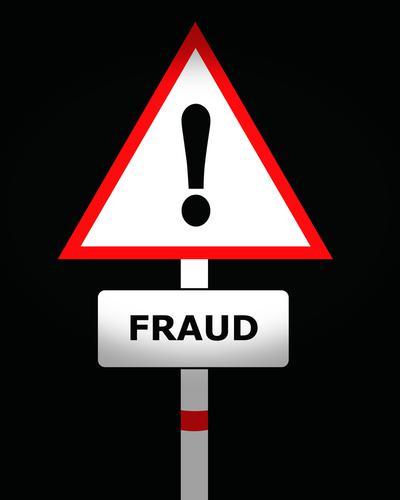Understanding Illinois' Consumer Fraud and Deceptive Business Practices Act
 Sadly, Illinois is a state where fraud and deceptive business practices are a regular occurrence. Every day, the news media reports on new acts of fraud involving a wide range of actors including petty thieves, health care workers ,and even some of the most successful politicians and business people in the state. The Illinois Consumer Fraud and Deceptive Business Practices Act (CFA) is the Illinois state statute that provides protections against fraud, deceptive business practices, and other white collar crimes. Claims of fraud can be brought in civil courts by private individuals who claim harm as a result of another's fraudulent conduct/activities. Furthermore, criminal fraud claims can brought by the Illinois Attorney General's Office.
Sadly, Illinois is a state where fraud and deceptive business practices are a regular occurrence. Every day, the news media reports on new acts of fraud involving a wide range of actors including petty thieves, health care workers ,and even some of the most successful politicians and business people in the state. The Illinois Consumer Fraud and Deceptive Business Practices Act (CFA) is the Illinois state statute that provides protections against fraud, deceptive business practices, and other white collar crimes. Claims of fraud can be brought in civil courts by private individuals who claim harm as a result of another's fraudulent conduct/activities. Furthermore, criminal fraud claims can brought by the Illinois Attorney General's Office.
Fraud is the most common type of white collar crime. However, a fraud claim, depending on the context and court within which the claim is brought, can have different elements that must be proven in order to sustain a claim that an illegal fraud was perpetrated. Under common law, in order to prove that illegal fraud took place, it must be proven that:
- The accused made a false statement to the victim about a material fact;
- The accused made the statement knowing it to be false;
- The defendant must have made the statement with the intent that the accused relied on the statement as being true;
- The victim actually acted in reliance on the statement; and
- The victim was damaged because of his or her reliance on the false statement.
In contrast, the CFA requirements for bringing a successful fraud claim are considered to be less stringent. Furthermore, the CFA isn't as inclusive as the common law fraud definition because it only applies to frauds perpetrated against consumers i.e. those engaged in the purchase of goods and services. Only the following four elements must be proven for a successful CFA claim:
- The accused engaged in a deceptive practice or act;
- The accused intended that the victim rely on the deceptive act or practice;
- The deception was a part of a course of conduct of commerce and/or trade; and
- Actual damage to the victim resulted because of the accused's violation(s) of the CFA.
The CFA presents a lower threshold of proof than what is required under the common law definition of fraud. This is because while common law requires that the accused knowingly made a false statement of a material fact, the CFA simply requires that the accused was engaged in activity or practices that were deceptive. Thus, while common law requires a knowledge element, the CFA does not.
The Illinois Consumer Protection Division
The Illinois Attorney General's Consumer Protection Division is the agency instilled with the responsibility for protecting Illinois businesses and consumers from fraud, unfair business practices, and deception. This work is carried out by the Illinois Charitable Trust Bureau, Consumer Fraud Bureau, Franchise Bureau, Military and Veterans Rights Bureau, and the Health Care Bureau. Informal dispute resolution programs can be utilized by consumers to voice complaints. The Consumer Fraud and Health Care Bureaus oversee these programs. Law enforcement actions based on violations of the CFA are instituted by the Attorney General's Office. Though the Attorney General can institute such suits, they are prohibited from providing legal representation in such matters to private citizens.
As a result, it is in your best interests to contact the Illinois criminal defense attorneys at the Law Offices of Cosmo Tedone and Barbara Morton, P.C. in Joliet and Plainfield, Illinois for any legal representation that you need in any fraud suits or related legal issues.









